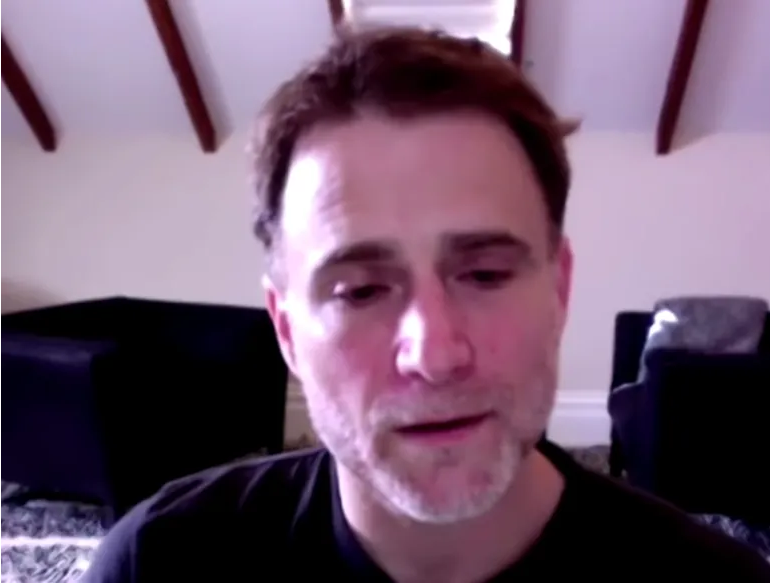“In the first 60th percent of this quarter added 9,000 new paid customers,” says Slack CEO Stewart Butterfield. “That’s a net number. This is compared to 5,000 for the previous quarter and 5,000 for the quarter before that. That’s an enormous surge. We’ve also seen the number of messages sent per user up 25 percent. Suddenly people are discovering a lot of techniques that were available to them before that suddenly become mandatory.”
Stewart Butterfield, CEO of Slack, discusses via Zoom on CNBC how the pandemic has doubled their pace of growth:
Customers Added Has Nearly Doubled
You think about what people hope to accomplish out of having a meeting. It’s often to get a decision made. It’s to update people on the status of projects. There’s a whole bunch of reasons to have a meeting. There’s an immediate obvious switch that goes off in people’s heads, hey we used to sit in the same room and now we’re at home, we need to have a videoconference. But the best way to support that work in getting the decision made, getting people on the same page, and knowing where you can ask the question is often better served by other methods. In the case of Slack, that’s channels.
In the first 60th percent of this quarter added 9,000 new paid customers. That’s a net number. This is compared to 5,000 for the previous quarter and 5,000 for the quarter before that. That’s an enormous surge. We’ve also seen the number of messages sent per user up 25 percent. Suddenly people are discovering a lot of techniques that were available to them before that suddenly become mandatory. When the only tools you have to get work done are meetings and email and meetings suddenly become a lot harder to pull off you begin to look for alternatives.
Right Now It Looks Great For Us
We look at what might happen on the small business side (on whether we will see sustained growth). There could be millions of bankruptcies and that will obviously affect us. We have a very healthy small business part of Slack. Enterprises can shut down spending. On the other hand, we’ve seen the surge in sign-ups so obviously people are seeing the need. We also see expansion in existing enterprise customers. It’s very hard to know how those two forces balance each other out.
There are other things to consider too. I’ve been talking to other software CEOs. What do you do when you’re not doing field marketing events to drive new customers? What do you do when your salespeople can’t travel? What do you do when your executive briefing centers are shut? How is that going to manifest in pipeline and growth in 3, 6, 9, 12 months? Right now it looks great for us but it’s impossible to say how this takes out over the year.




